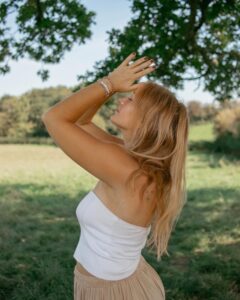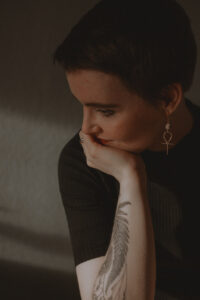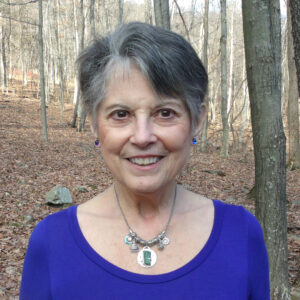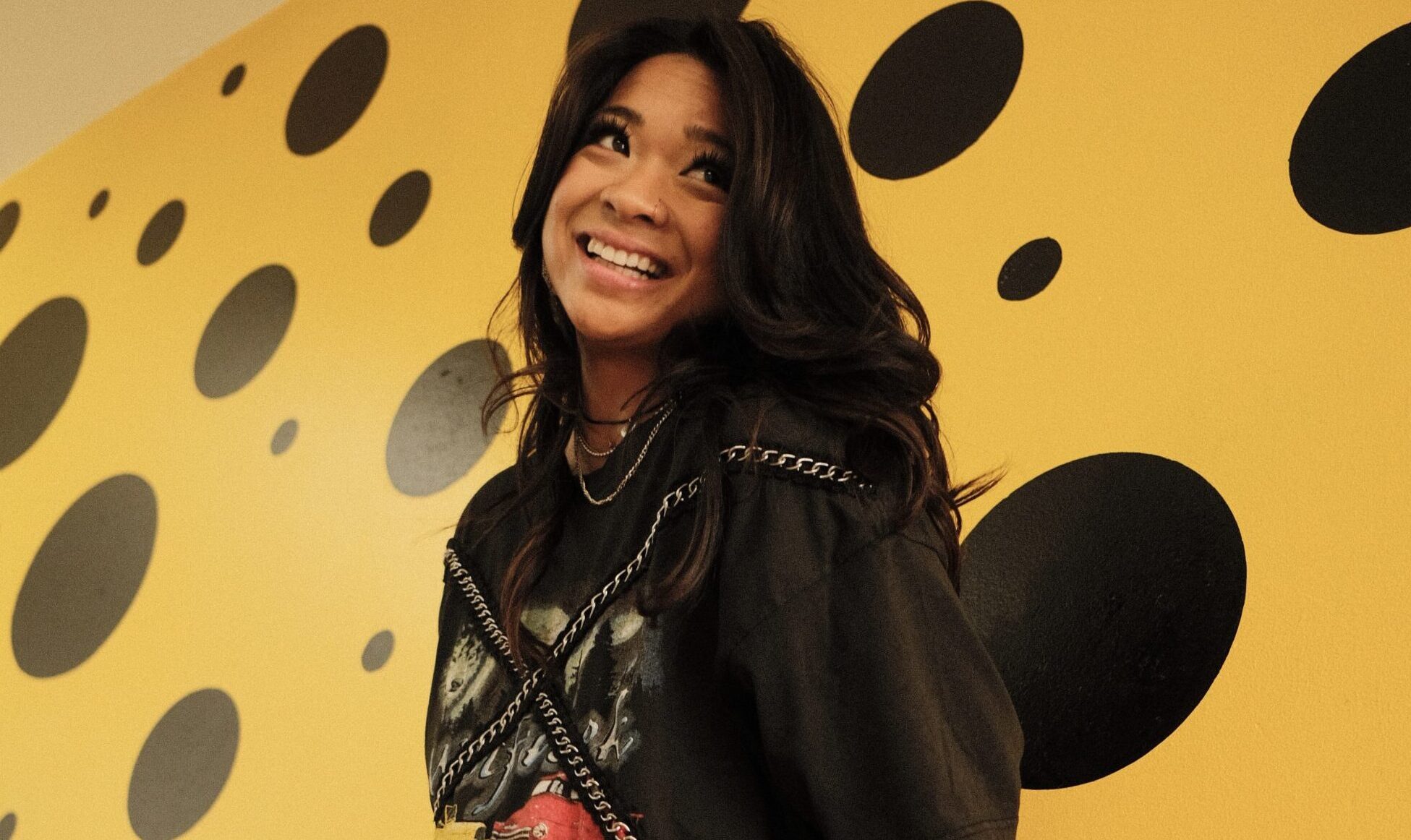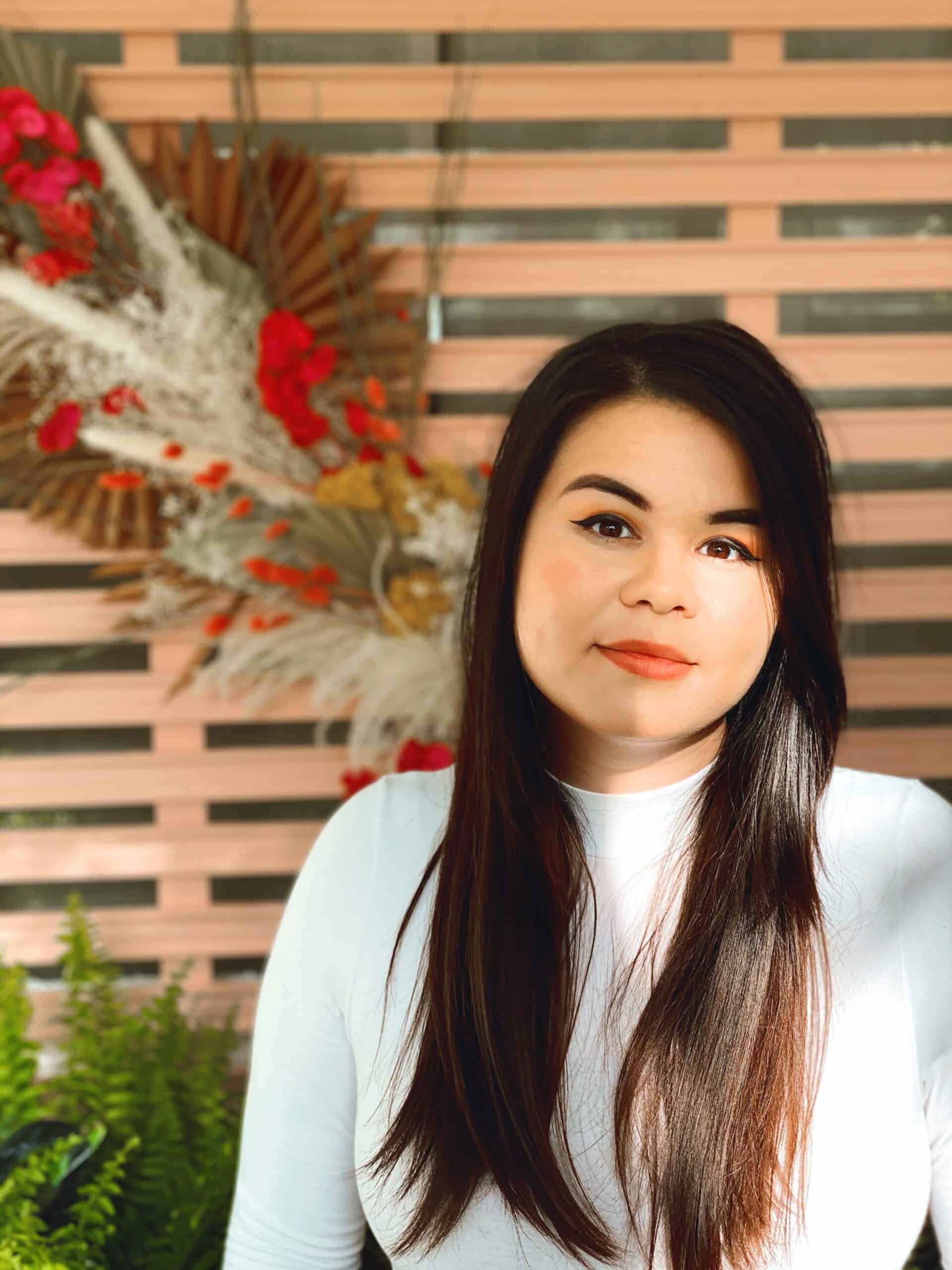In this engaging interview, Gabriela De La Torre opens up about her unique journey as a poet, sharing how dreams and multilingualism inspire her work. Gabriela’s creative path, marked by vulnerability and passion, reflects a deep connection to her emotions and experiences. From overcoming fears of judgment to embracing her multifaceted identity as a writer, Gabriela’s story is a testament to the power of self-discovery and artistic expression. Her journey is not only a source of inspiration but also a reminder that true creativity flourishes when we dare to be ourselves and embrace our inner worlds.
- Can you tell us more about the role your dreams play in your poetry?
Yes! So I sometimes like to write about the things I see in my dreams, especially if they’re exceptionally weird or for one reason or another lingering in the back of my head long after I’ve had them. My poem, 8:30 this morning…,was one such piece for example. It was inspired by a dream I had about a wedding, of which the most vivid component I can recall is the overwhelming display of smiles from the guests and the bride and groom. To me they were clearly forced, or otherwise ingenuine. So when I woke up that morning at 8:30, I decided to turn my dream into a cute little story about a bunch of blithering idiots coming together to celebrate the “love” between an unfaithful woman and a sad man weeping over the horrible decision he just made. It was my way of depicting what I have perceived to be the reality of many relationships throughout my life, which is that they are mostly for show. Just two people going through the motions, pretending they’re happy and that everything is great while everyone witnessing it is completely unaware of the act before them.
And that’s just one example of the process that I go through to transform a dream into a poem. I have many other pieces that began as dreams, some more weird than others. The one I have just shared is probably the most tame out of all of them. So yeah, that’s how I use my dreams to write poetry.
- How does writing in multiple languages influence your creative process?
I definitely take a different approach when I’m not writing in my native language (English). And because Spanish and Portuguese are my second and third languages respectively, I’m limited to what I have picked up from books, movies, independent study, and conversations with native speakers. I don’t view this as a negative though. Whenever I want to write something in either of these languages I usually choose one word or phrase that I want to write the poem around and I stick to the words that I already know. For example, when I wrote Hoy decido /Today I have decided I specifically chose to write the poem around the verb “veranear” which means “to spend the summer”. However, I only wanted to use the “yo” form of the verb in the future tense (“veranearé”, meaning “I will spend the summer”) because I really liked the way it sounded out loud and how it looked on paper. And that’s kind of what my creative process entails when I’m writing in another language.
- What inspired you to start writing poetry in English, Spanish, and Portuguese?
My dreams did. I originally had no intention to write in other languages until I had a dream where this shaman-looking guy came to me and told me I had an evil female presence in my life, and that I could only get rid of her by reading two scripts that he then presented to me at that moment. The first one was in Spanish so I easily read through it. The second was kind of like Spanish, but it had these unfamiliar phonetics and every time I tried to say them my voice would fail to produce sound. So this shaman just watched me struggle for a little bit until I eventually told him that I didn’t know the language to which he responded, “Well then you’re gonna learn it”. When I woke up I only remembered the first line of the second script, “Oh Maravilhosa”, and when I typed it into the Google translator it told me it was Portuguese.
After that I began introducing myself to the language by reading Portuguese poetry with English translations and watching grammar videos on YouTube. I wondered if anyone had written something beginning with “Oh Maravilhosa” so I searched the internet but found nothing of the sort. Eventually I thought to myself, “hmm I should write it then”. Then months later the poem just came to me the night of September 6, 2023 and I submitted it to this magazine for publication and of course titled it Oh Maravilhosa /Oh Wonderful… . At that point I also began writing poems in Spanish and posting them on my Instagram stories along with my Portuguese pieces.
And that’s how I started writing poetry in those three languages.
- Can you share a moment when you first realized you could be a creative person?
Yeah that realization hit me when I picked up my pen for the first time in my life in the early months of 2022, not to write an academic piece, but because I had ideas for creative works that I wanted to release into the world.
- What was the turning point for you in overcoming the belief that you couldn’t be creative?
Love.
I know it sounds cheesy, but I think there’s something to be said about the role that genuine admiration and appreciation for another human being plays in the process of making art. When I finally allowed myself to feel those emotions about another person (because I had previously not done that), that was when I started coming up with things to write about. Then as all the ideas flooded in, I found it easier to produce multiple quality pieces that I could be proud of. I even got to the point of writing a poem a day for multiple days straight (for the gram), sometimes in less than five minutes and in two languages other than my native. Never in the twenty-four years before I started writing did I think I would be capable of any of that, and the turning point that led me to discover this side of myself came from finding vulnerability. So yeah, I basically had to learn to open up to my emotions in order to overcome the belief that I could not be creative.
- What was the most challenging part of putting your art out into the world for the first time?
The most challenging part was overcoming the fear of judgment, which was a bit strange for me because I’m not usually one to give much thought to the opinions of others. Art was different though. I was mostly afraid of being made fun of for showing emotion in my writing, or being seen as silly for the topics I chose to talk about. And when I started publishing in Spanish and Portuguese I was afraid that people would pick at the grammar and criticize me for trying to write in languages that I had not grown up speaking on a regular basis. However, as I became more confident in my abilities and consistently focused on what I as the artist thought about my own work, the less I cared what others potentially had to say about it.
Letting go of those anxieties was undoubtedly one of the most challenging aspects of this experience, but also one of the most unnecessary because of how many people enjoyed my poems and didn’t say any of the horrible things that I created in my head.
And even if they did now I wouldn’t give a damn because I like my style of writing and that’s the only opinion that matters 🙂
- How has overcoming the fear of judgment impacted your writing process?
It has given me more freedom to say what I really want to say. Since overcoming that fear I’ve used poetry to roast ex-boyfriends, glorify my body hair, discuss a little bit of my philosophical views on topics such as self-love and speaking up for oneself, and to gush over a man. Yeah so that’s what that has done for me in the writing process (hehe). Now that I no longer fear judgment l feel very comfortable writing about things that I definitely would have never approached before.
- Can you describe a particular poem or piece of work that was especially meaningful to you?
There are two that come to mind. The first is Meet me on the High Mountain, which is the very first poem I wrote and published. And it’s actually in this magazine. I wrote it about someone for whom I had intense feelings many years ago but did absolutely nothing about due to fear of embarrassment and rejection (as I know pretty much everyone can relate to). It’s particularly meaningful to me because it represents one of the very first moments that I did not allow fear to prevent me from expressing vulnerability and sharing it with the public.
The second is a Spanish poem with an English translation that I shared on my Instagram (and it’s in my highlights). In it, I describe my favorite love story being the one between the sky and the ocean (though I said the heavens and the sea in the actual poem) and how they came together despite the obstacles between them. It was my way of depicting how anything is possible no matter what you think is preventing you from having what you desire.
- What advice would you give to other women who are struggling to embrace their creativity?
My advice would be to focus on yourself for a while. I know everyone says that, but here’s what I mean when I say it:
Get to know yourself; the type of person you are and that which you’d like to become. Tune into your body and how it reacts to the world. Do certain people, places, or things make you uncomfortable in any way? If they do, recognize it and learn to say no to them without shame because they will drain you. Likewise, learn what lifts your spirit and brings you joy. Maybe that’s a person, artistic endeavor, or place that captures your attention. Whatever it is, pursue it and see where it takes you. As you learn what it is that nourishes your soul, that’s when your creative side will appear.
- How do you envision the future of your poetry and your personal growth as a writer?
I see myself becoming increasingly unhinged in my poetry as I get older and embody the essence of IDGAF. Then I’ll write more explicit, absurd, and dark material with humor and sarcasm but still include a dash of rainbows and sunshine here and there.
I’d also think it’d be pretty cool to transfer my skills over to creating a full-fledged novel that will one day become a movie.
IG: @gab.aah

